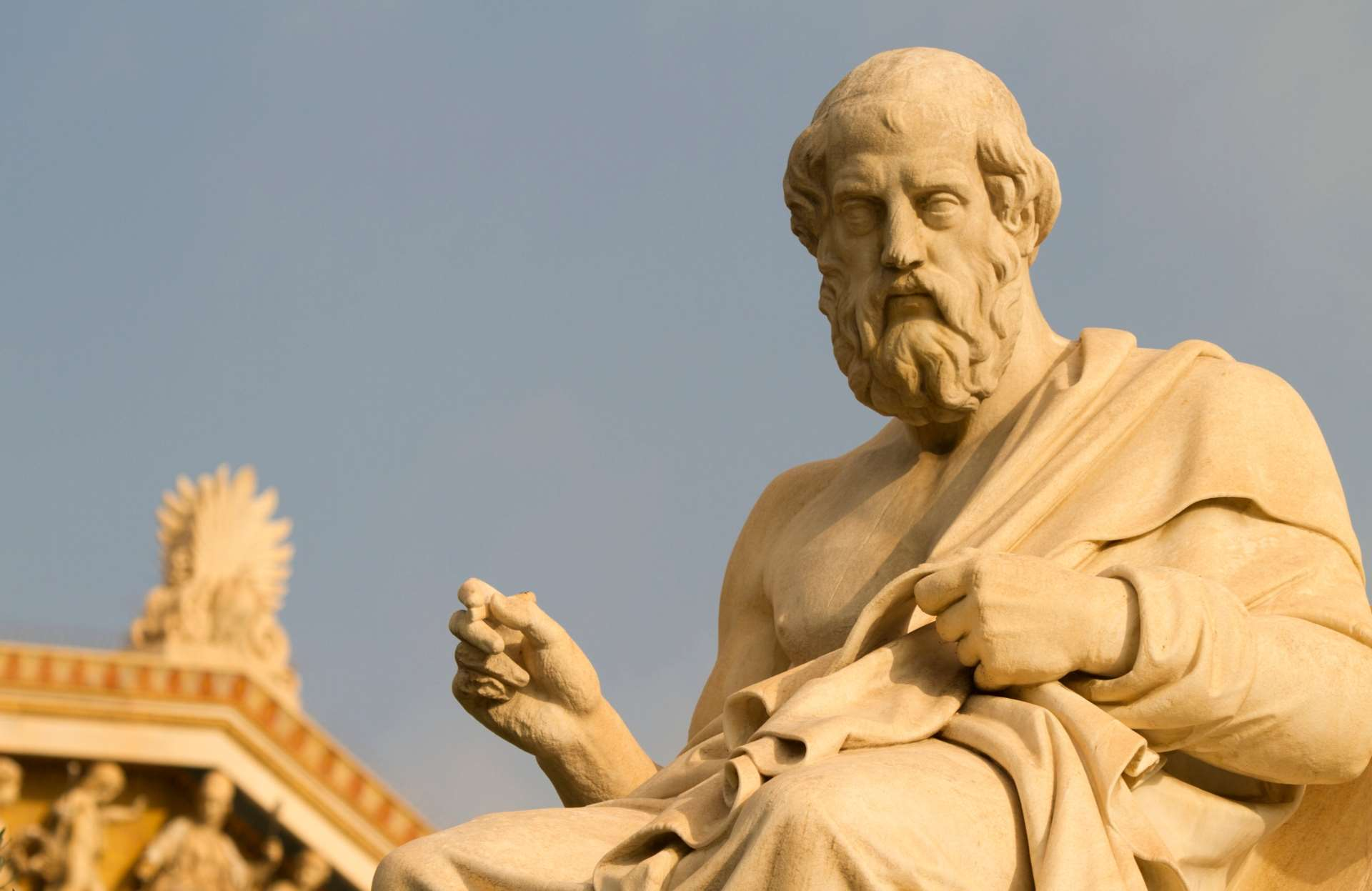Plato’s ideas continue to influence political theory, philosophy, and scientific thought to this day. Here are 10 of his most important quotes, along with an analysis of their significance.
Plato (427-347 BC), a student of Socrates and teacher of Aristotle, is one of the greatest philosophers of antiquity. His ideas deeply impacted philosophy, political theory, ethics, and scientific thought. Through his works, especially his dialogues, he developed fundamental concepts about knowledge, the ideal state, and the immortality of the soul.
Although some may view him as a controversial figure due to his ideas indirectly helping the spread of Christianity (with contributions from Apostle Paul), and the subsequent distancing from the great thinkers of antiquity for many centuries, he remains a thinker who has profoundly influenced the development of the Western world.
1. "The beginning is half of the whole."
Perhaps his most viral quote, it underscores the importance of starting anything with proper preparation. Plato believed that the right preparation and planning were the keys to success. If a task begins well, its completion becomes easier. This idea applies to every aspect of life, from education to governance.
2. "Knowledge is power."
Although often attributed to Francis Bacon, the essence of this quote lies in Plato’s philosophy. In his "Republic," he emphasizes that true power does not come from violence or wealth but from knowledge. The wise should govern, as they alone understand the essence of justice and truth.
3. "You can learn more about a person in an hour of play than in a year of conversation."
Plato saw play as a mirror of the soul. People, when playing, reveal their true character, free from social conventions and hypocrisy (except, perhaps, in some football players in the Greek league). This quote highlights the importance of observing an individual’s behavior in spontaneous situations to understand their true nature.
4. "Music is the moral law of the universe."
Plato believed that music was not merely an art form but a force that shapes the character and soul of individuals. In the "Republic," he argued that the right kind of music can lead to a harmonious society, while inappropriate music can corrupt citizens.
5. "Justice is the virtue of the soul."
In his "Republic," Plato defines justice as the balance of the three parts of the soul: the rational, the spirited (which includes emotion and will), and the appetitive (which holds desires). A just society and a just individual operate harmoniously among these elements.
6. "The wise speak because they have something to say; the fools because they have to say something."
Plato believed that the essence of communication is not idle chatter but the meaningful transmission of thoughts and ideas. This quote remains particularly relevant in modern times, where excessive information often overshadows meaningful content.
7. "The soul is immortal."
Plato believed in the existence of an eternal and immortal soul, which exists before birth and continues after death. In the dialogue "Phaedo," he develops the idea that the soul returns to the world of Ideas, where true knowledge resides.
8. "The good of man is to resemble God."
A phrase that was quite convenient for Apostle Paul. Plato believed that humans should strive for perfection, wisdom, and justice. Approaching the divine is not about worship but about moral evolution through virtue and philosophy.
9. "The greatest punishment for those who do not engage in politics is to be governed by inferiors."
In Greece, we have a doctorate in avoiding public affairs and then complaining about the state of things. Plato believed that governance should be in the hands of the wise philosophers, not demagogues. If the worthy do not take responsibility, societies risk being governed by the incompetent. This quote remains timeless and highly relevant today.
10. "Education is the lighting of a flame, not the filling of a vessel."
Greek parents, and generally our educational system, have thrown this quote down the abyss. Real learning is not about mechanical memorization (the infamous "parrot learning") but about awakening thought. Education should cultivate critical thinking and the ability to investigate and discover.
Follow Esquire on Facebook, Twitter, and Instagram.
Latest News
Get the latest updates on political developments, celebrity interviews, men's fashion advice, and recipes for food and drinks at esquire.com.gr.







